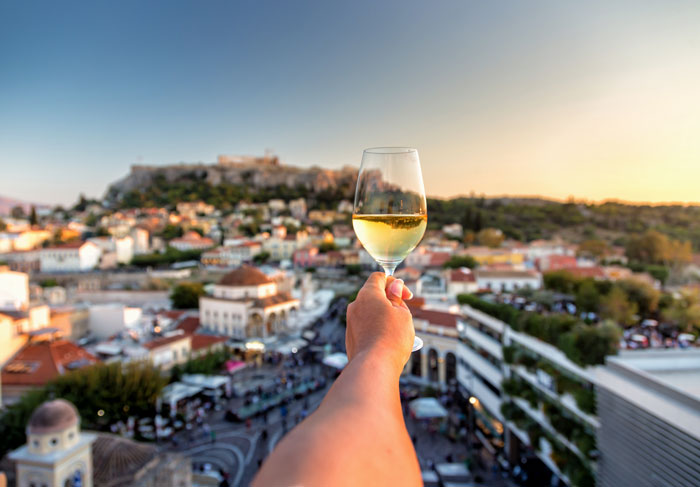Being the 12th and youngest God of the 12 Olympian Gods, (alternately with Estia), but deeply engaged in the daily cults of the ancient Greeks, he was the God of the grape harvest, wine, ritual ecstasy, and theatre in ancient Greek religion and mythology. As for the origins of its name, its first part ‘Dio’ has been associated with Zeus, whose second grammatic case of it was Dios. The second part ‘nysus’ is probably associated with the mountain Nysa, the birthplace of the god in Greek mythology, where he was nursed by nymphs. The earliest written records of Dionysus worship dated to around 1300 BC and come from Mycenaean Greece, specifically in and around the Palace of Nestor in Pylos.
Birth and Young years
Dionysus was believed to have been born two times. The first time was born from the union of Zeus and Persephone, the daughter of Demeter Goddess. But he was torn apart and boiled by the sons of Gaia, the Titans. Zeus took the fragments of his heart and put them together into a drink. He offered it to Semele and she became pregnant. At his second birth, it is said that Dionysus had a pair of horns and the Seasons/Hours offered him ivy and flowers to adorn his head. These beliefs have led to his categorization as a dying-and-rising god. As he was growing up, young Dionysus became one of the many famous pupils of the centaur Chiron. From him, he learned chants, dances, and bacchic rituals.
Wine
In ancient Greece, wine and grapes that produce it were seen as a gift of the Gods to mortals, but also as a symbolic incarnation of him on earth. It was believed that Zeus sent Dionysus on earth to teach mortals how to grow the grapes and make wine from them, as well as how to drink wine wisely. That is why, in the Symposiums, Athenians used to watering the wine as a healthier way of drinking and a trick to maintain their sobriety, so as to be able to discuss on topics such as philosophy, poetry, politics, medicine -conversations accompanied by music.

Wine and Athens in the Background - credits: kanuman/depositphotos
However, in the post-Classical era, he was stereotyped as a God of drunkenness, although the religion of Dionysus was centered on the correct consumption of wine, which could ease suffering, bring joy, and gradually lead to divine madness - a term that we find described in the ancient texts.
The Dionysia
After Panathinaia, the Dionysia was the second-most important and largest festival in ancient Athens. It was a festival in honor of Dionysus God, -part of the Dionysian Mysteries- the central events of which were the theatrical performances of dramatic tragedies and comedies. It is believed that these parts of the festivals were the initial driving force behind the development of theatre. The Dionysia consisted of two related festivals, the 'Rural Dionysia' and the 'City Dionysia', which took place in different parts of the year. The Rural Dionysia was held during the months of Poseidon (December - January), celebrating the cultivation of vines. The City Dionysia was held three months after the Rural Dionysia probably to celebrate the end of winter and the harvesting of the year's crops.
